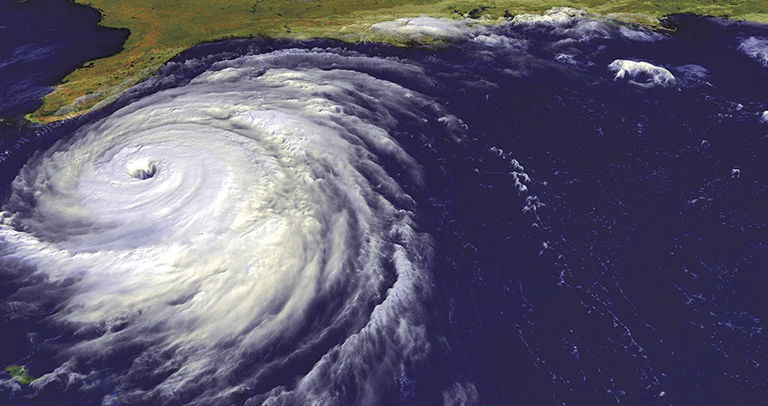Climate change represents real threat to environment, US business
Declining biodiversity, degraded ecosystems, soils and natural resources under pressure, soiled aquatic environments, alarming air pollution, poorly recycled waste, huge hurricanes and earthquakes; what will it take for the President to realize climate change is an issue that needs to be addressed?
Myron Ebell, advocate for fossil fuels, was appointed to head the Environmental Protection Agency during the transition period when Donald Trump took office. His position has been taken over by Scott Pruitt who rejects the idea that humans are the reason for climate change and air pollution. He has been financed by fossil fuel industries in his campaign to be Oklahoma’s Attorney General, and has sued the Environmental Protection Agency over 14 times.
Basically, he does not contribute to environmental protection, in fact, it’s quite the opposite. For most scientists, these beliefs are just wrong. The massive studies and research done on global warming contain undeniable proof and correlations linked to human activities.
“You don’t need people’s opinions on a fact,” stated John Oliver on his show “Last Week Tonight,” “the debate about climate change is not whether or not it exists, it’s what we should about it.”
Nonetheless, Trump has removed the United States from the Paris agreement COP21, and has decided to stop the war on coal.
While Trump seems to focus the future of the United States on nonrenewable energy, China plans to invest billions of dollars ($360 billion to be exact) in renewable energy.
The Chinese energy agency states that it would create 13 million jobs in the sector by 2020. It is evident that the United States economy is going to fail if it is persistent in its position concerning the environment.
In fact, even though entrepreneurs such as Elon Musk have created new ways of using sustainable and efficient products, such as the lithium ion batteries, these ideas are being used and invested by Chinese enterprises.
The United States isn’t taking advantage of the new sustainable ideas of entrepreneurs, missing out on a new economic wave. Not only will the U.S. economy grow if the transition to a self-sustainable society starts now, but it will also help shape a better lifestyle for all. If the government is actively working against this change, it will loose a formidable innovative advantage.
I highly recommend reading the Harvard Business Review by Tensie Whelan and Carly Fink about “The Comprehensive Business Case for Sustainability,” which describes the positive economic aspect of sustainability. In fact, many business leaders have the impression that profit and sustainability are not compatible, which can be linked to the influence of Friedman business thesis or the fact that low quality environmental products didn’t sell in the ‘70s and ‘80s.
Here are a few examples of why this mindset is untrue. Wal-Mart saved around $11 million by doubling their fleet efficiency. Dow invested $2 million in energy efficiency and in return saved $9.8 billion. Moreover, businesses that have sustainable plans have been statistically proven to increase customers and investors, attract employees and have improved risk managements.







